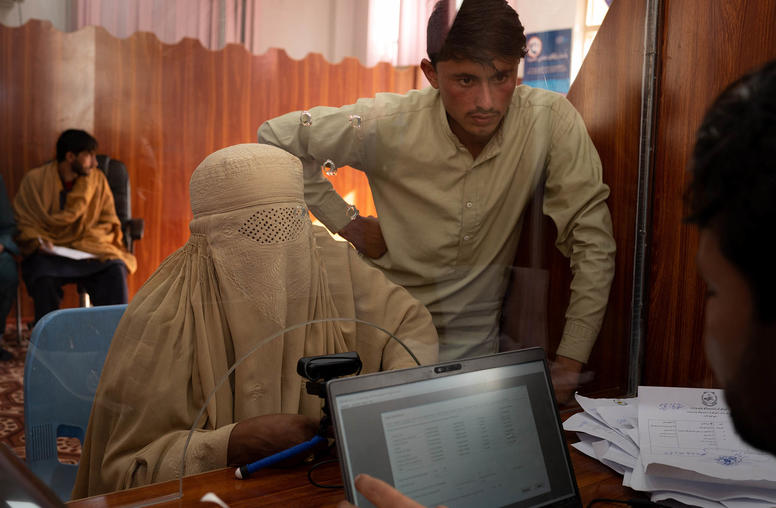The Politics of Disarmament and Rearmament in Afghanistan
Four international programs designed to disarm, demobilize, and reintegrate militias in Afghanistan since 2001 have largely failed. They have instead largely reinforced existing power relations. Perhaps their gravest impact has been to deepen patterns of political exclusion that underlie much of the violence that have driven support for the insurgency. Demilitarization, this report makes clear, is only part of a wider political process, both with Taliban leaders and between pro-government factions. Until prospects for such a process exist, no demilitarization effort is likely to contribute to peace in Afghanistan.
Summary
- Four internationally funded disarmament, demobilization, and reintegration (DDR) programs initiated after 2003—two targeting government-aligned militias and two targeting insurgents—have failed to make Afghanistan more secure. Instead, society has become more militarized.
- Many shortcomings stem from the fact that the programs were shaped by the post-Bonn political context.
- Tension has been acute between building capable and accountable state institutions in a chronically weak state on the one hand and hunting terrorists or fighting insurgents by rearming local militias on the other.
- Western powers tended to use DDR programs and language to demobilize specific armed groups for perceived short-term political or security gains while rearming and protecting others.
- Programs targeted different groups at different times. Commanders understandably resisted demobilizing their militias as they realized that their rivals would remain armed.
- Powerful commanders used DDR programs to weaken rivals as they secured government positions or rearmed as anti-Taliban militias. This approach reinforced factionalization and strengthened the Taliban.
- In sum, DDR programs reflected existing power dynamics and deepened political exclusion, which are among the main drivers of violence and support for the insurgency.
- Full disarmament in Afghanistan is unrealistic, but a peace process with the Taliban might at least reduce levels of informal rearmament and pave the way to holding the worst criminals accountable, provided Northern Alliance power brokers are brought along.
- Key to any deal will be the support of mid-level commanders whose lead fighters usually follow.
About the Report
This report examines why internationally funded programs to disarm, demobilize, and reintegrate militias since 2001 have not made Afghanistan more secure and why its society has instead become more militarized. Supported by the United States Institute of Peace (USIP) as part of its broader program of study on the intersection of political, economic, and conflict dynamics in Afghanistan, the report is based on some 250 interviews with Afghan and Western officials, tribal leaders, villagers, Afghan National Security Force and militia commanders, and insurgent commanders and fighters, conducted primarily between 2011 and 2014.
About the Authors
Deedee Derksen has conducted research into Afghan militias since 2006. A former correspondent for the Dutch newspaper de Volkskrant, she has since 2011 pursued a PhD on the politics of disarmament and rearmament of militias at the War Studies Department of King’s College London. She is grateful to Patricia Gossman, Anatol Lieven, Mike Martin, Joanna Nathan, Scott Smith, and several anonymous reviewers for their comments and to everyone who agreed to be interviewed or helped in other ways.



